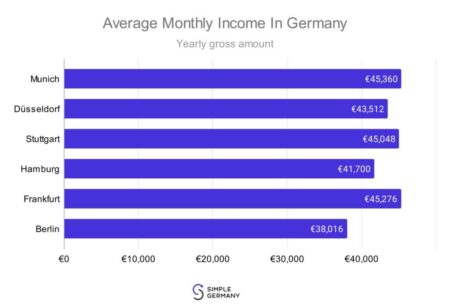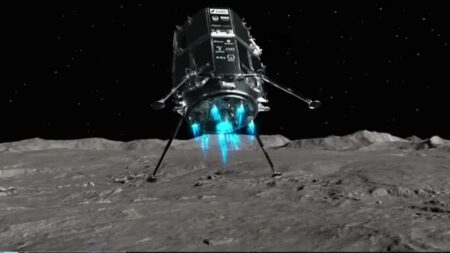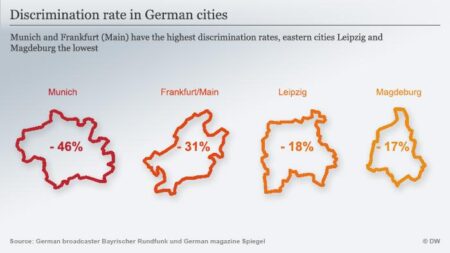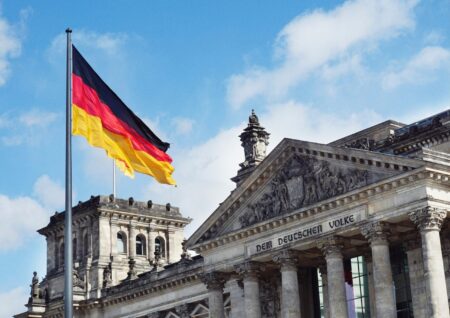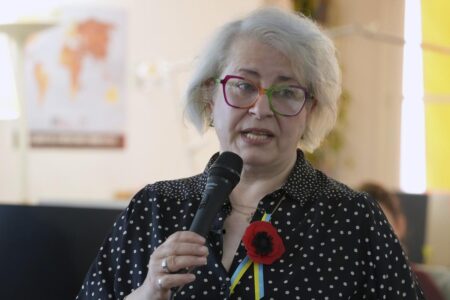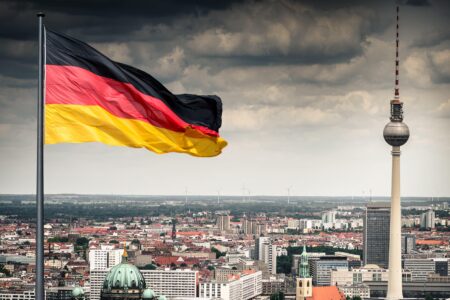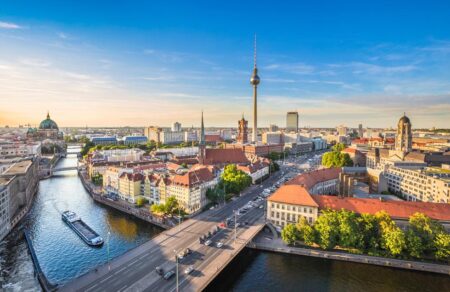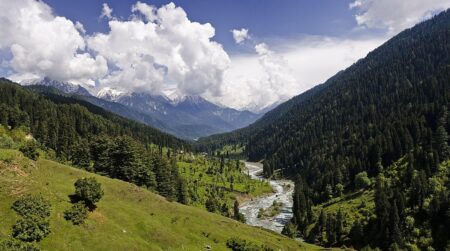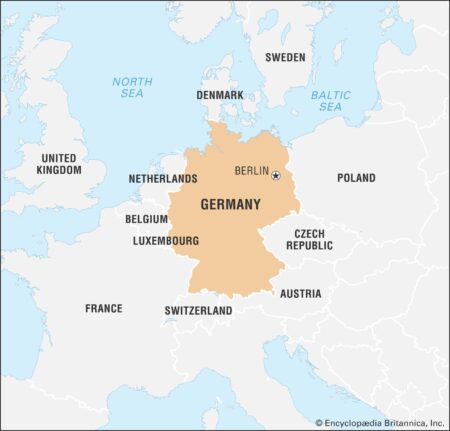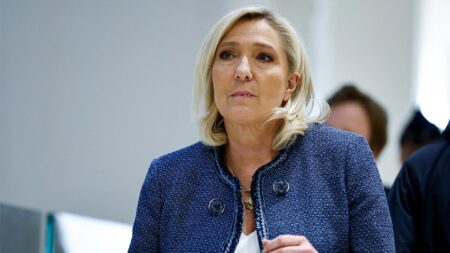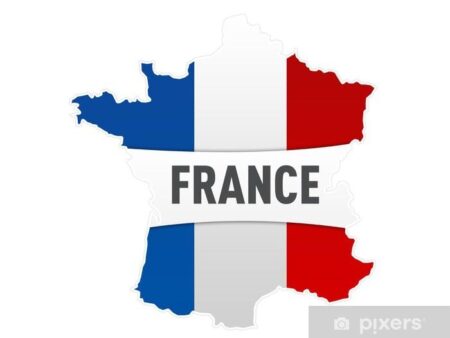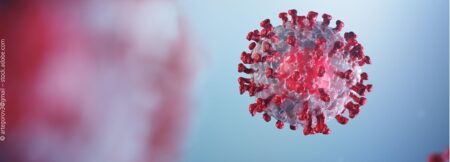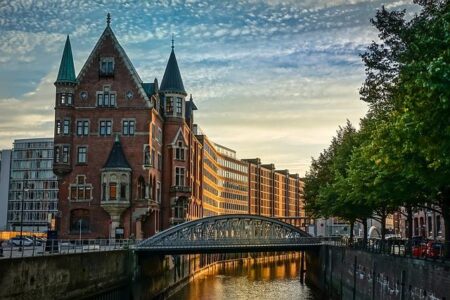Germany is gearing up to increase its minimum wage to €14.60 by 2027, a bold step aimed at significantly boosting workers’ incomes and fighting poverty directly. This steady rise underscores the government’s dedication to creating a stronger, fairer labor market for everyone
Browsing: DW
The 50+1 rule in German football ensures that club members hold the majority of voting power, protecting fan influence and preventing outside takeovers. This rule is a cornerstone of Germany’s football culture and governance, preserving the true spirit of the game in the hands of its passionate supporters
Japanese lunar startup ispace has faced a major hurdle in its daring mission to explore the Moon, as its second spacecraft landing attempt unfortunately ended in failure. Technical difficulties during the descent thwarted a smooth touchdown, delivering a significant setback to Japan’s ambitious lunar exploration goals
Discrimination in Germany is escalating, affecting a wide range of communities nationwide. Recent reports highlight a sharp increase in racially and culturally motivated incidents, igniting urgent calls for the government to take stronger action against bias and promote genuine inclusion
Russia is harnessing the powerful legacy of the Soviet Union’s victory over Nazi Germany to ignite a sense of national pride and unity. Through vibrant commemorative events and stirring rhetoric from the Kremlin, a compelling narrative of resilience and strength is being crafted, especially in light of today’s geopolitical challenges.
Germany’s Federal Office for the Protection of the Constitution has made a significant move by suspending the “extremist” classification of the Alternative for Germany (AfD) party. This pivotal decision arrives at a time when discussions about the party’s far-right inclinations and its influence on German politics are heating up
In the wake of India’s military strikes on Pakistan, a wave of false information has swept across the region, raising alarm bells everywhere. Dedicated fact-checkers are tirelessly battling against the tide of misleading narratives that threaten to escalate tensions. It’s crucial to tackle misinformation head-on to preserve peace and stability.
A courageous Russian reporter, who was staring down the barrel of potential jail time for her fearless investigative work, reveals that Reporters Without Borders (RSF) played a crucial role in her daring escape to France. Her journey underscores the alarming and persistent threats to press freedom in Russia amidst a backdrop of political repression
Germany’s far-right AfD party is under the spotlight as lawmakers engage in heated discussions about a possible ban. With worries mounting over its extremist rhetoric and growing influence, the government is considering legal measures that could dramatically alter the political landscape.
Thousands of passionate demonstrators flooded the streets of Germany over the weekend, as populist groups united to challenge government policies. In a powerful display of civic engagement, counter-protests sprang up, highlighting the profound political divide within the nation as citizens boldly express their dissent
Amid the persistent tensions surrounding Kashmir, experts believe that a full-scale war between India and Pakistan is improbable. The diplomatic channels are still active, and both countries are grappling with considerable internal and external challenges, which makes the prospect of conflict less likely.
Germany’s CDU leader, Friedrich Merz, condemned the recent attack on Sumy, labeling it a “war crime” by Russia. His statement reflects growing concern over escalating violence in Ukraine and calls for greater accountability on the international stage.
In a bold response to her recent barring from office, Marine Le Pen remains defiant, asserting that her political ambitions are undeterred. The ruling has sparked significant debate about political freedoms and the implications for France’s far-right movement.
France has criticized the United States for what it perceives as interference in its companies’ diversity programs. The French government contends that U.S. pressure undermines national sovereignty and promotes a one-size-fits-all approach to corporate governance.
Five years after Germany implemented its first COVID-19 lockdown, the nation reflects on the profound societal and economic impacts. From health policies to vaccination campaigns, the pandemic has reshaped public life and informed future crisis response strategies.
In a defining moment for German politics, Gregor Gysi, the veteran leader of the Left Party, took center stage in the Bundestag, addressing pressing social issues amid rising economic concerns. His passionate speech highlighted the party’s commitment to social justice and equity.
Germany’s auto giant Audi has announced plans to cut 7,500 jobs from its workforce amid ongoing industry challenges. This decision highlights the company’s strategy to adapt to changing market dynamics and a shift towards electric vehicles.
Germany has seized a suspected Russian oil tanker connected to a “shadow fleet” evading sanctions. This move highlights ongoing global efforts to curb Russia’s access to energy resources amidst the ongoing conflict in Ukraine.
Germany has announced significant investment plans aimed at bolstering sustainable initiatives, backed by the Green Party. This move underscores the government’s commitment to green technologies and climate action, reflecting a broader environmental strategy.
Germany’s Bundestag has approved a significant reform of the “debt brake,” a constitutional rule limiting government borrowing. This measure aims to provide greater fiscal flexibility for investment while maintaining economic stability amid global challenges.

